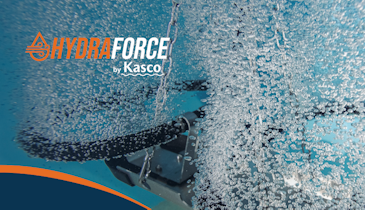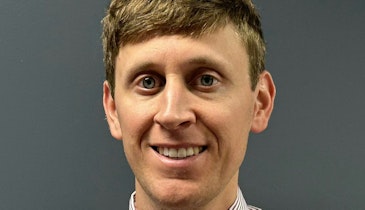An open letter to new parents of anaerobic digesters:
No one knows a child better than the parents. If you’ve been in the business for a while, you know your plant and system like no one else. A bond forms between you and your plant, much like that of a parent for a child....





